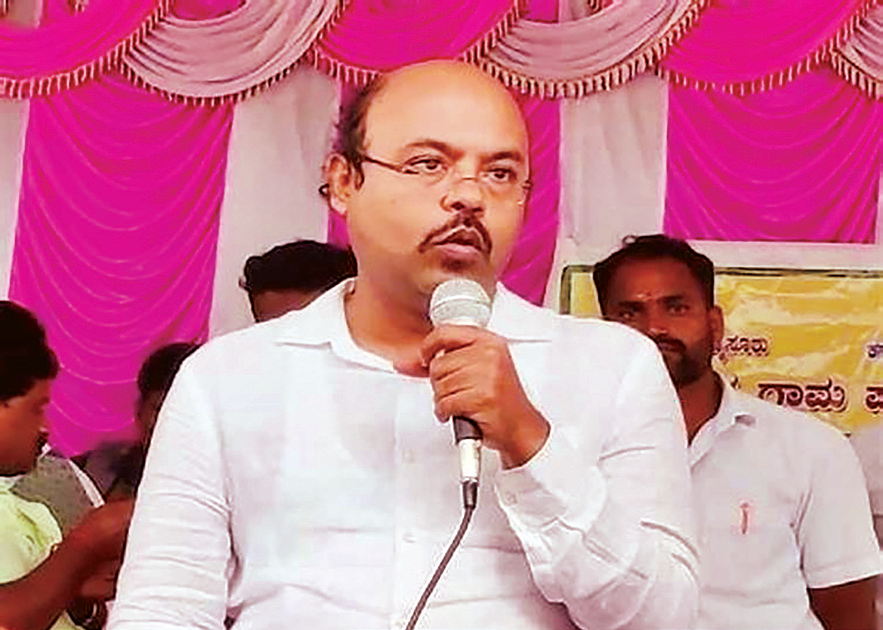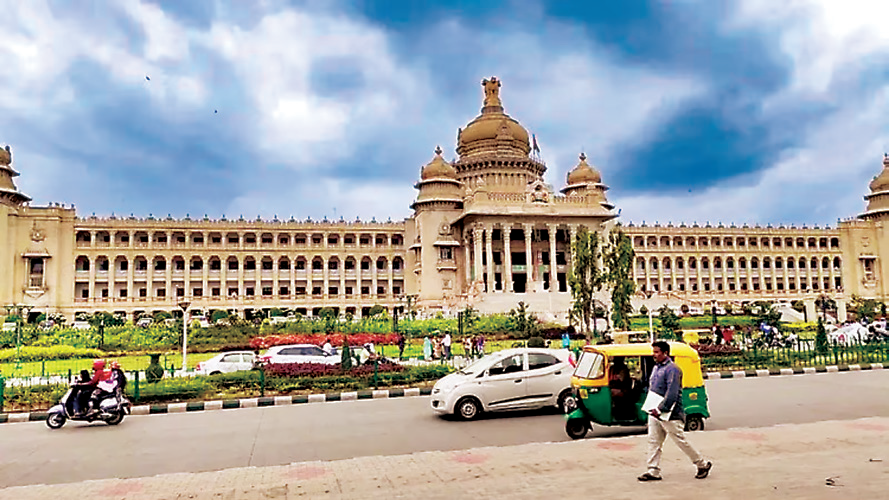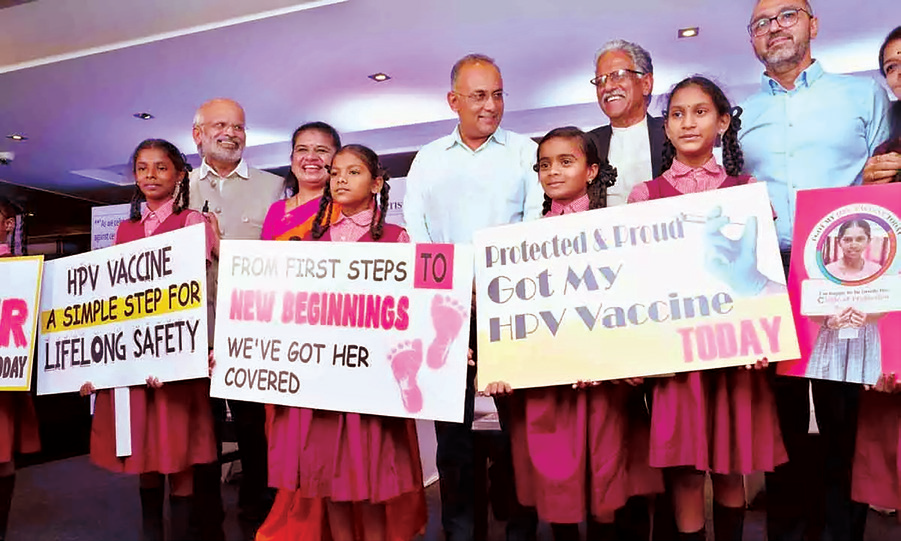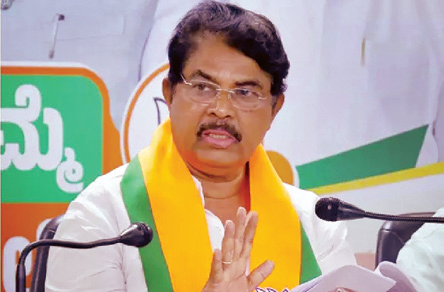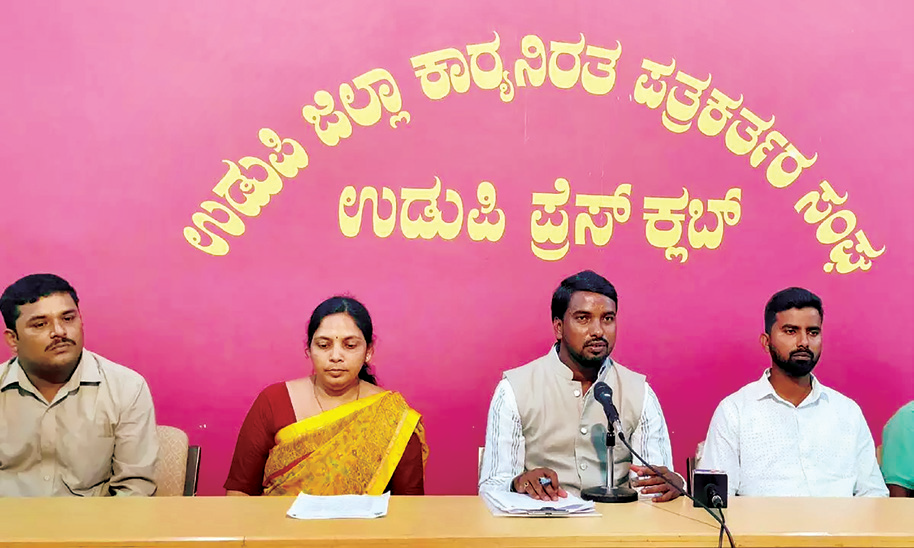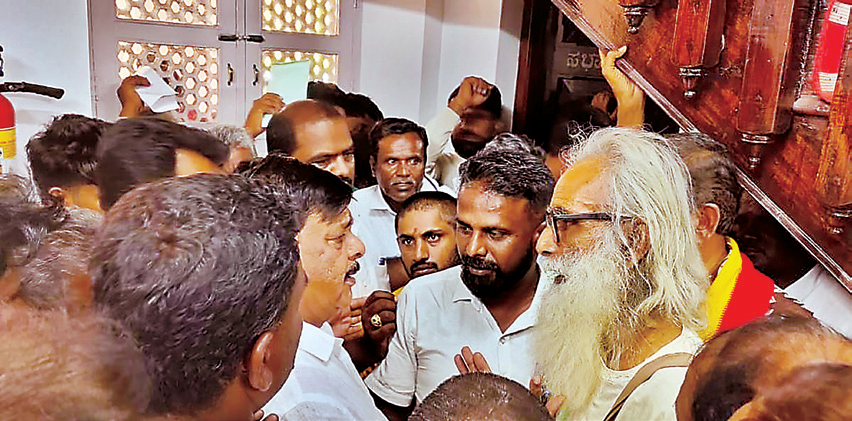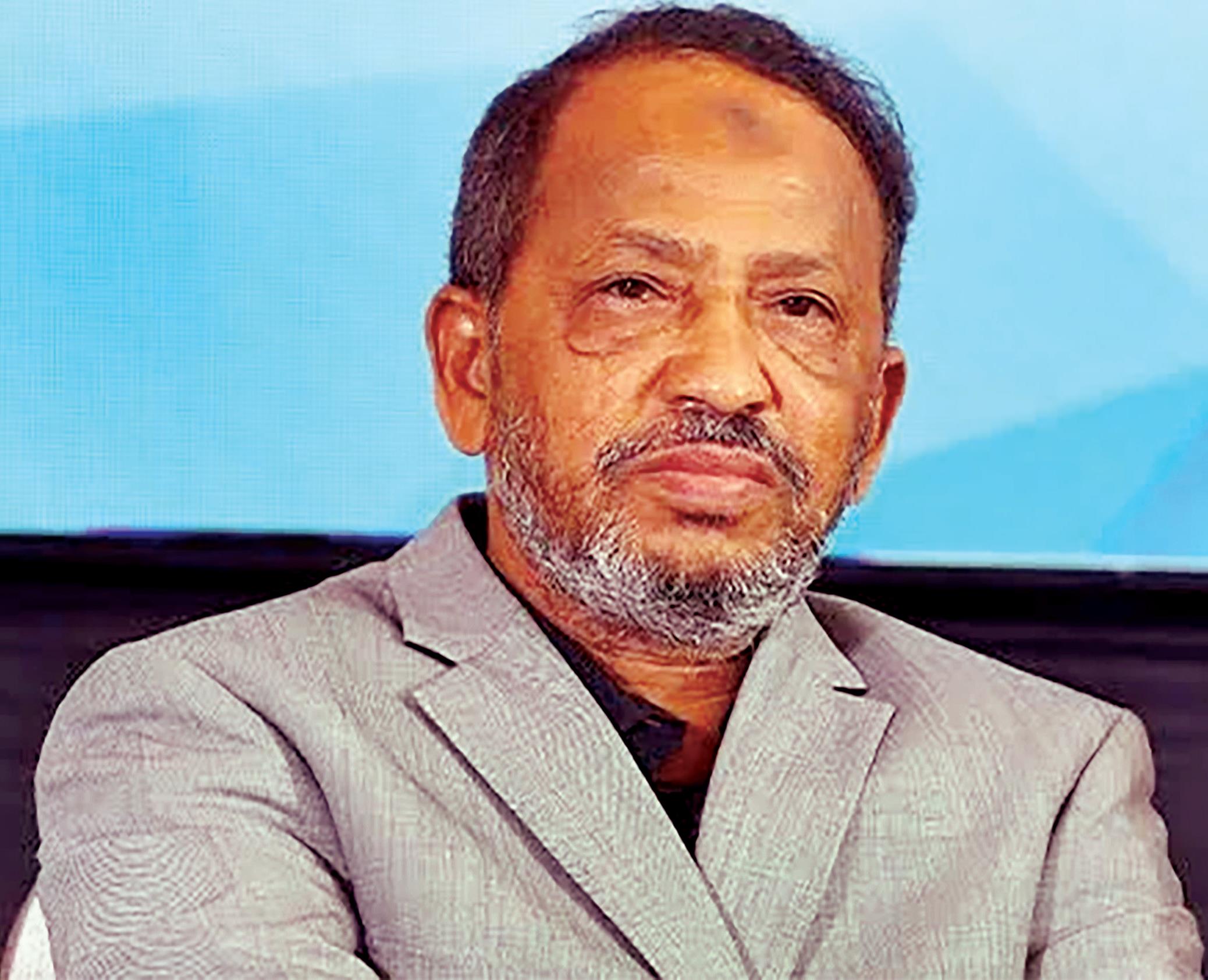
State govt cares for minorities: KSMC chairman Nisar Ahmed
Bengaluru, NT Bureau: Karnataka State Minorities Commission (KSMC) Chairman U Nisar Ahmed defended the Congress State government on its minority rights track record.
Speaking exclusively to News Trail, Nisar, who was appointed to the post back in June, said that despite BJP era policies like the hijab ban, the anti-conversion law and the anti-cattle slaughter law getting more stringent staying, the State government cared for the welfare of religious minorities.
The KSMC Chairman said that although the scope of the commission is limited, there were meaningful things it could do. He said that the KSMC upheld interests of all religious minorities in Karnataka namely Muslims, Christians, Jains, Sikhs, Buddhist and Zoroastrians.
He added they ensured representation of minorities in government departments, Budgetary allocations for them, apart from maintenance of communal harmony. Here are excerpts of the interview:
Q. What is your vision for the minorities’ commission?
A. We held meetings with community leaders, women NGOs (Non-Governmental Organisations), bureaucrats etc and got suggestions from them. We are forming various teams to study the various problems facing minorities like economic, empowerment, legal etc.
They are also forming a new legal cell and a media cell in the commission. There are many legal issues that crop up pertaining to the community and not individuals. At that time, people individually approaching the Judiciary will harm the interest of the community because everybody has a different approach to the case.
Now, if a legal cell is there, that matter can be taken up centrally. Similarly, the commission is thinking of having a legal cell at the district level. We also discussed Self Help Groups (SHGS).
There are over 30,000 SHGs in the state and hardly any Muslims are a part of it, mostly in north Karnataka. So now what we are doing is we are trying to focus on forming SHGs and connecting them with banking systems and ensuring that they are operative.
On education, the government is spending almost Rs 2,000 crores on minorities’ schools, not government Urdu schools or government English schools, which are about 4,000 schools.
Under the director of minorities, we have Morarji Desai Residential Schools, Maulana Azad Model Schools, hostels, and degree colleges, which are separate. It is only meant for minorities, mainly the poor among them. We have to take advantage of these institutions and create awareness.
We are also thinking of micro-financing. We have KMDC (Karnataka Minorities Development Corporation). We are trying to get KMDC and private players to join hands and make a PPP (Public Private Partnership) project and reach out to small businesses.
Q. People are critical of the Congress State government for not rescinding BJP era policies such as the Government Order (GO) banning of the hijab in educational institutions, the anti-conversion law and the more stringent versions of the anti-cattle slaughter law. Is it because of the fear that the BJP will throw the minority “appeasement” label at them?
A. These are policies of the previous government. Some are still pending in the Supreme Court. So the government doesn’t want to take a decision. However, the government has eased things out. They said that they’re not going to enforce it (the hijab ban).
The government is positive about these things. If anything comes to our notice, be it written or suo moto, we will take up the matter. As far as the appeasement charge is concerned, I don’t have any comments on the government's attitude or these perceptions.
However, as a member of the community, I feel that the government to a large extent is positive towards our issues.
Q. You are a retired Indian Police Services (IPS) officer, an ex-Inspector General of Police (IGP) no less. The criticism against the police is that they are harsh to minorities, especially Muslims. In May, there was an alleged case of custodial death of a Muslim in Channagiri town in Davangere district.
A. We cannot generalize because of one or two instances because these instances are not only common with the Muslim community. Since I was a part of the police force, we are on the receiving end of such allegations.
It can happen with anybody but whenever it happens with a particular person or the group, they think that it is only happening with them and not others. It is the same perception among the Muslims in Karnataka. I am not talking about India. I'm talking about Karnataka. Karnataka police is basically fair police.
We have a different culture of policing in Karnataka. Here and there, there are some aberrations, which can be corrected by timely intervention of the administration. So that such instances may not be repeated despite the rules that are there.
One of my colleagues, the Gulbarga DIG (Deputy Inspector General), I would not like to name him, had gone to jail in a custodial death case. The SP (Superintendent of Police) was also in jail due to the case. So we should approach matters legally and not get emotional.
Q. The counter to that would be that people have communal, casteist and misogynistic attitudes, which will be reflected in the police force.
A. Definitely. We’re all human beings. We are a party of society and are influenced by its prejudices.
Q. Another complaint against the State government is the dearth of minority representation. There are only nine Muslims in the 224-member Assembly. Moreover, there are only three minorities in the Cabinet namely Zameer Ahmed (Housing and Minority Welfare), Raheem Khan (Municipal Administration and Haj) and KJ George (Energy).
A. The commission cannot comment on this. It is up to the government and the political people. We will stick to our role.
 English daily published in Bengaluru & Doha
English daily published in Bengaluru & Doha

